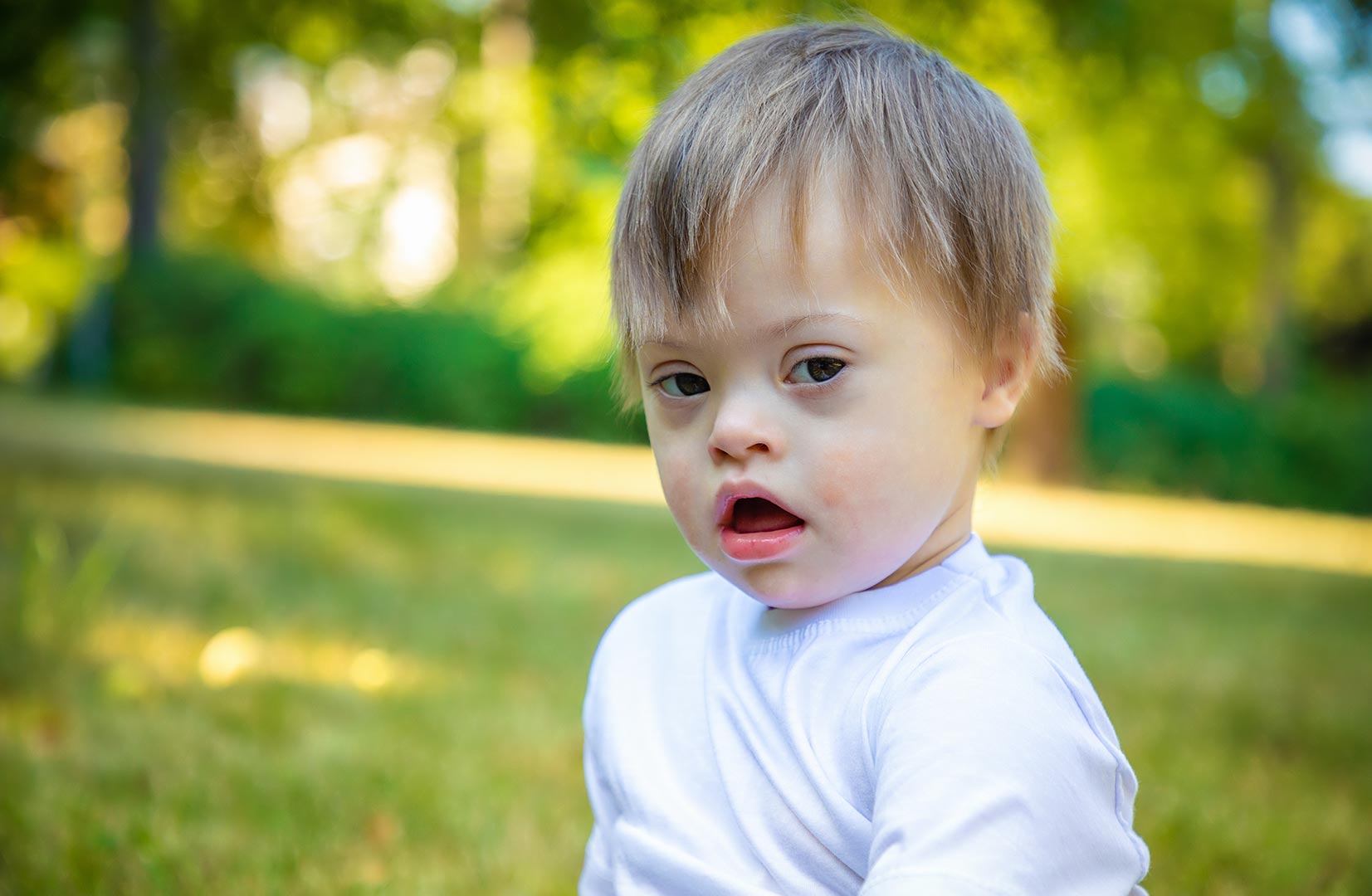Dysarthria is a speech disorder characterized by difficulty controlling the muscles used for speaking. This can lead to a variety of challenges, including problems with articulation, voice quality, and fluency. While dysarthria can significantly impact communication, it’s important to understand that it doesn’t affect a person’s intelligence or understanding of language.
Causes of Dysarthria
Damage to the nervous system, either in the brain or the nerves that control the muscles of speech, is the primary cause of dysarthria. This damage can arise from a variety of conditions, including:
- Neurological disorders: Stroke, Parkinson’s disease, ALS (amyotrophic lateral sclerosis), multiple sclerosis, and brain tumors can all affect the nerves or areas of the brain responsible for speech production.
- Brain injury: Head trauma from accidents or falls can damage the parts of the brain involved in speech.
- Congenital conditions: Cerebral palsy and certain genetic disorders can affect muscle development and control, impacting speech.
- Medications: Some medications can have side effects that temporarily impair speech muscles.
The severity of dysarthria can vary depending on the underlying cause and the extent of the damage. Speech characteristics can also differ based on the type of dysarthria.
Symptoms of Dysarthria
Some common symptoms of dysarthria include:
- Slurred speech: Words may sound mumbled or run together, making them difficult to understand.
- Slow speech: The rate of speech may be significantly slower than usual.
- Fast speech: Speech may be rushed and difficult to control.
- Monotone speech: Speech may lack variation in pitch or volume.
- Weak or breathy voice: The voice may sound quiet or strained.
- Imprecise articulation: Difficulty forming specific sounds or movements of the lips, tongue, and jaw.
- Drooling: Difficulty controlling saliva due to weakened oral muscles.
It’s important to note that not everyone with dysarthria will experience all of these symptoms. The specific combination of symptoms will depend on the type and severity of the underlying condition.
Diagnosis and Treatment of Dysarthria
A speech-language pathologist (SLP) is qualified to diagnose and treat dysarthria. The evaluation process typically involves a combination of:
- Medical history review: Understanding any underlying medical conditions that could be contributing to the speech difficulties.
- Oral motor examination: Assessing the movement and coordination of the muscles used for speech.
- Speech evaluation: Analyzing aspects of speech such as articulation, fluency, and voice quality.
Treatment for dysarthria focuses on improving communication skills and maximizing speech intelligibility. Treatment options may include:
- Speech therapy exercises: Exercises to strengthen and improve coordination of the muscles used for speech.
- Augmentative and alternative communication (AAC): Techniques and tools to supplement speech, such as picture boards or electronic communication devices.
- Lifestyle modifications: Strategies to manage underlying conditions that may be contributing to dysarthria.
The effectiveness of treatment depends on the underlying cause and severity of dysarthria. However, speech therapy can significantly improve communication skills and overall quality of life for individuals with dysarthria.
Living with Dysarthria
Dysarthria can be a frustrating and isolating condition. However, with proper diagnosis, treatment, and support, people with dysarthria can develop effective communication strategies and live fulfilling lives. Here are some tips for communicating effectively with someone who has dysarthria:
- Be patient and allow extra time for communication.
- Maintain eye contact and focus on the person’s face.
- Speak slowly and clearly.
- Ask clarifying questions if you don’t understand something.
- Minimize background noise and distractions.
By understanding dysarthria and practicing effective communication techniques, we can create a more inclusive environment for everyone.
Find out if your child needs extra support today!
- My child screams hysterically
- My child is mean to other children
- My child is always worried
- My child is scared to go to school
- My child is scared of loud noises
- My child doesn’t know how to read
- My child is scared to play outside
- My child does not respond to his name
- My child always gets in trouble
- My child fights with other children
- My child doesn’t know how to count
If you are concerned about your child’s development, contact us for Assessments: Phone/Telegram: 077.455.993 – Telegram Link: https://t.me/OrbRom
If you are concerned about your child’s development, contact us for Assessments.
Phone/Telegram: 077.455.993 Link: https://t.me/OrbRom






Leave A Comment